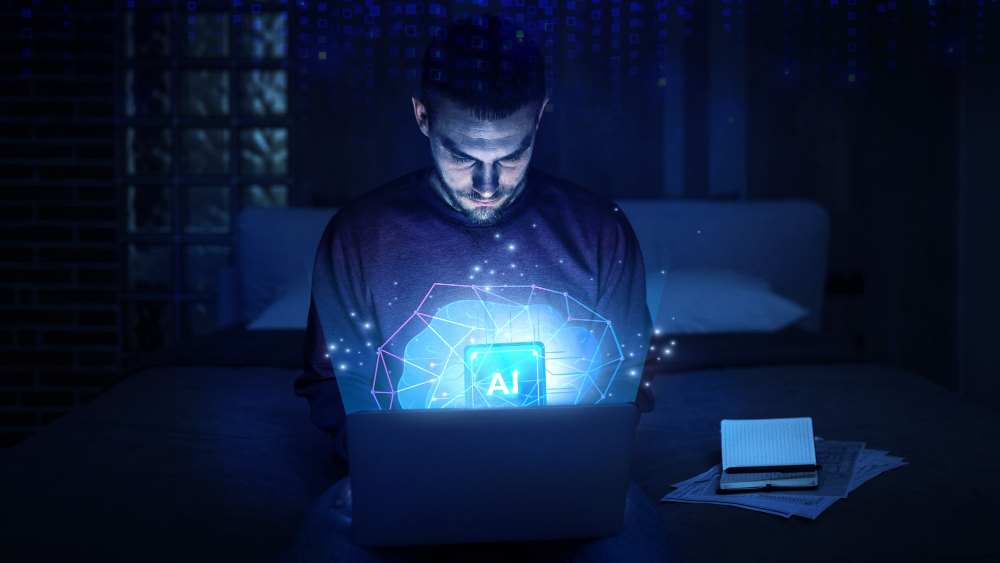With an increasing number of use cases in HR departments, AI is all set to herald a transformative change in both functional procedures and operational mechanisms of firms across industrial sectors. Human Resources can be easily counted among the most complex, imperfect areas of business management.
HR managers have to often contend with puzzling questions such as who to hire (recruitment/selection), how much to pay (salary/compensation), and where to train (On-job/Off-job) newly recruited employees among many other such challenges.
Given almost 50% of total money spent by corporations is on salaries, finding satisfactory answers to all these issues is of strategic significance for companies. Against the background of these convoluted HR challenges is the growing use of artificial intelligence (AI).
The technology has already carved its distinctive place and by helping HR make effective, reliable, and data-driven decisions, AI solutions have already started a new wave of disruption in the HR domain.
Job Descriptions and Defining Standards
AI tools can do more than just describe jobs, define standards, and outline learning for the HR department. Take, for instance, the use of AI use in the branding department of an organization.
AI algorithms can go through records, read client biographies, and analyze previously executed branding campaigns to generate ideal job descriptions for new hiring drives. AI solutions can also segregate top, mediocre, and low performers and help HR teams finalize the performance criteria for recruiting executives in the branding domain.
Further, insights generated by AI can expand creating training modules, building development strategies, and facilitating constant learning to supplement the performance of both current and potential hires.
Creating Profiles and Competency Mapping
It’s almost impossible for HR managers to manually scan thousands of profiles and choose appropriate ones to be called for the final selection process. However, AI can accomplish all these tasks in a jiffy, thereby taking a huge load off the HR departments.
AI technology can also compare the candidates on specific characteristics such as skill-based competency, leadership quality, and turnover parameters that, in turn, help HR departments select the best candidate aligned with the values and culture of the organization. AI algorithms can also offer rich insights into “Adjacent Skills” and identify relevant candidates to fill the vacant positions on an urgent basis.
Optimizing Compensations
Developing a good salary structure and optimizing it amidst changing industry dynamics is the key to attracting and retaining a competent workforce. While achieving this manually is quite hard, AI solutions can make easy work of this seemingly herculean task.
By doing salary benchmarking, assessing compensation structures, and analyzing the labor economy, AI algorithms can help HR managers decide on effective pay, incentives, and rewards systems for employees. AI solutions can even help firms address the time-honored issue of inequitable distribution of salaries, thereby creating a culture of transparency, equity, and merit-based salary structure in their organizations.
Performance Feedback
While the literature is full of theories and frameworks on performance management models, the procedures followed in the real world are drastically different.
Owing to many constraints, the actual appraisal process in many organizations lacks a comprehensive approach to analyzing the year-round performance of employees. This results in poor performance management with employees being devoid of genuine and reliable feedback on the work front.
AI algorithms can easily collate, analyze, and index year-around performance data of employees, thereby facilitating the exchange of genuine feedback between employees and employers. This, in turn, will help HR managers to create a culture of mutual trust, transparency, and meritocracy in the organization.
The transformative potential of AI has started coming to the fore. AI solutions are catalyzing sweeping changes with HR emerging among major beneficiaries of the technology adoption. Experts opine that the key to maximum AI benefits in HR is to integrate technology solutions in both functional procedures and operational mechanisms of HR departments.
Like other technologies, AI is not perfect and will take time to fully establish its credentials in the HR space. That said, the revolution has already started with an increasing number of firms embracing AI solutions as an essential part of their HR strategy to drive performance, elevate efficiency, and reduce turnover.




